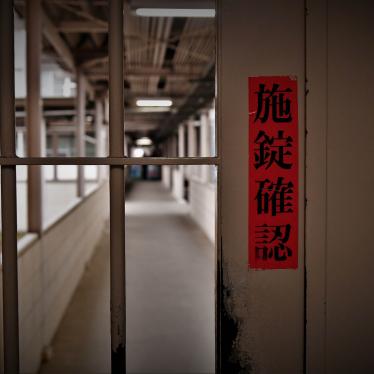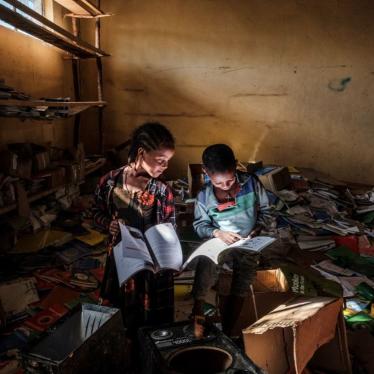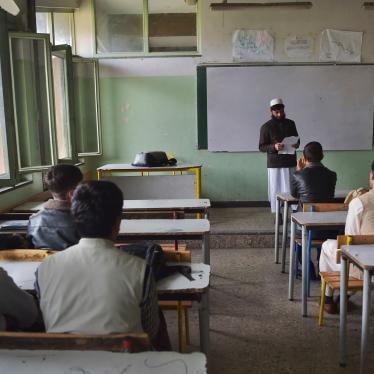“They don’t love us,” 17-year-old Kenji M. told me in 2012. He was speaking of staff at the childcare institution where he lived in Tokyo. “Many of the staff seem like they take care of us only because it’s their job.”
Kenji had lived in institutions since age 3. He was identifying a problem underpinning Japan’s system for providing care to children whose parents were unable or unwilling to do so: it had become a business opportunity. Government subsidies to privately run childcare institutions entrenched their opposition to reform and created an incentive to prefer more resident children rather than having children being placed with families who would love and nurture them.
But last week, new reforms came into effect in Japan that might begin to change that financial calculation.
The new system, established by a 2022 law, offers private childcare institutions financing to transform their business model into “Foster Care Support Centers” that recruit, train, select, and support foster parents, and assist the independence of children living in foster families.
If a childcare institution becomes a Foster Care Support Center, the government will fund full-time staff members based on the number of foster households they cater to.
This change was brought about through the hard work of a small group of activists and lawmakers, who for more than 10 years have strived to push back on institutions’ strong lobbying efforts.
When I met Kenji, almost 40,000 children were in Japan’s alternative care system, less than 12 percent were living in a foster family, and the vast majority were living in institutions. In 2017, the Japanese government set a target to have 75 percent of infants and toddlers in foster families, and 50 percent of school-aged children in foster families. But as of 2022, only 24 percent of children were being cared for in foster families.
The latest reform is an important step, but further changes are needed, such as the speedy closure of all infant care institutions.
Every child in Japan has a right to family life. If that cannot be with their biological parents, alternative solutions should not include institutions, but close relatives, or adoptive or foster families, where they are genuinely loved.









